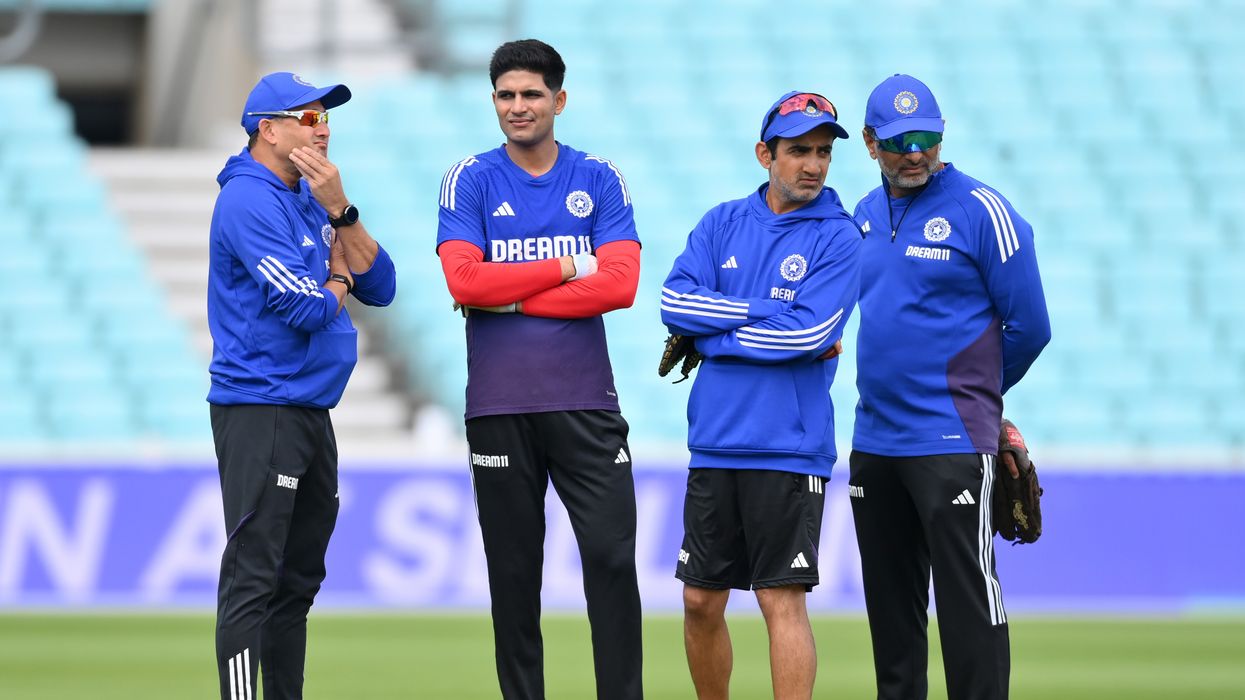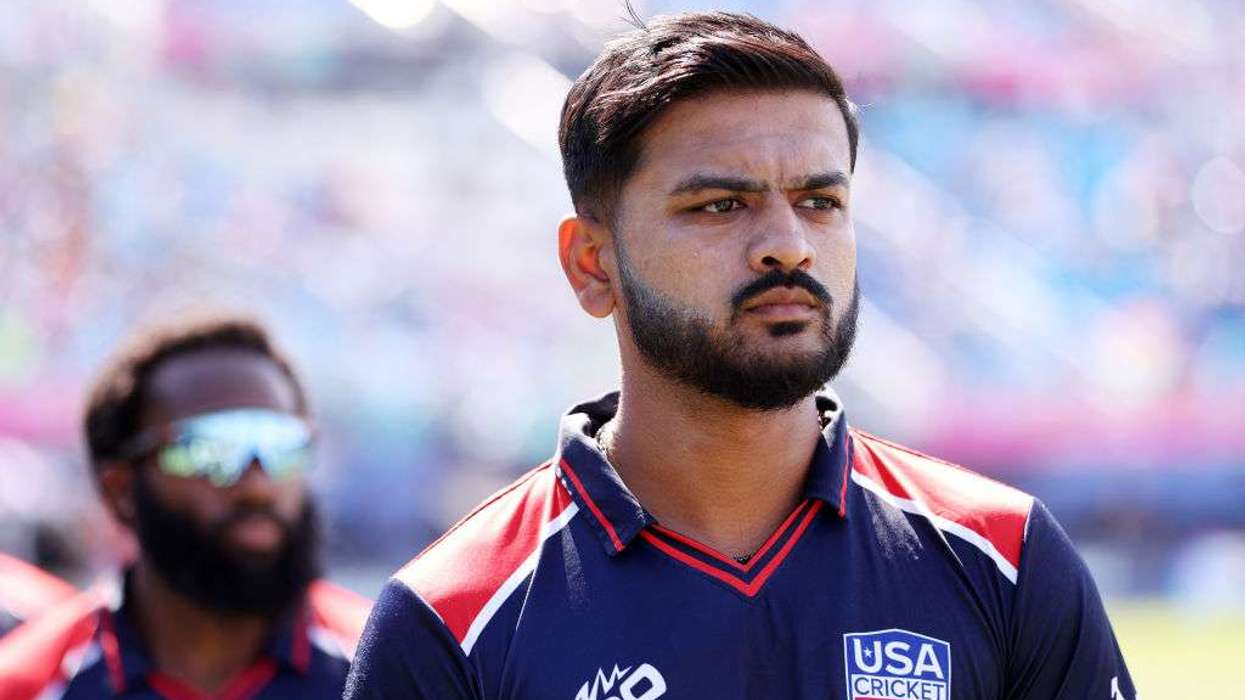ENGLAND and India will meet at the Oval on Thursday for the fifth and final Test of a tightly contested series. The hosts lead 2-1, while India will look to level the contest after forcing a draw in Manchester.
England captain Ben Stokes will miss the fifth and final Test against India at the Oval starting Thursday due to a shoulder injury. Vice-captain Ollie Pope will lead the side with England holding a 2-1 lead in the series.
Stokes has been England’s most influential player in the series, bowling 140 overs and taking 17 wickets, the highest tally on either side. However, scans revealed a significant tear in his right shoulder. The England and Wales Cricket Board said he could require up to 10 weeks to recover.
"I am obviously disappointed to not be able to finish the series," Stokes said on Wednesday. "I have got a decent tear of one of the (shoulder) muscles I can't pronounce. Bowling was ruled out as soon as we got the scan results."
India captain Shubman Gill said Stokes’ absence would be felt. "A big miss definitely for England," he said. "Whenever he comes on to bowl or in to bat, he always makes things interesting. He always makes something happen."
England have made four changes for the decider. Jacob Bethell will debut, replacing Stokes as the spin-bowling all-rounder. Josh Tongue, Gus Atkinson and Jamie Overton come in, while Jofra Archer and Brydon Carse are rested. Liam Dawson has been dropped, leaving Bethell and Joe Root with spin duties.
India weigh Bumrah's workload
India will decide whether to play Jasprit Bumrah, who has already featured in three Tests despite a back injury earlier this year. Bumrah bowled 33 overs on a slow Old Trafford pitch and has had little recovery time.
Coach Gautam Gambhir said all of India’s quicks, including Akash Deep, are fit for the finale. Deep took 10 wickets in the second Test win at Edgbaston but suffered a groin injury at Lord’s.
England’s bowling options tested
England’s bowlers struggled in Manchester, taking only four wickets in India’s second innings as the visitors batted out 143 overs to secure a draw. With Stokes missing, the hosts will rely heavily on their pace attack.
Gill closes in on record
Shubman Gill continues to lead India’s batting. The 25-year-old scored his fourth century of the series in Manchester, rescuing India from 0-2 with a knock of 103 off 238 balls. He has already set a new record for most runs by an India batter in a series against England with 722, surpassing Yashasvi Jaiswal’s 712 in 2023/24.
Gill could break Sunil Gavaskar’s all-time India series record of 774 runs set against the West Indies in 1971. However, he will be without vice-captain Rishabh Pant, who fractured his foot in Manchester.
Series goes to the wire
The five-Test series, played over less than seven weeks, has taken a toll on both teams. Every match has gone the distance.
India’s defiance in the fourth Test has kept the contest alive, with the visitors aiming to level the series 2-2 and England seeking to secure a home win before their Ashes tour in November.
(With inputs from agencies)




